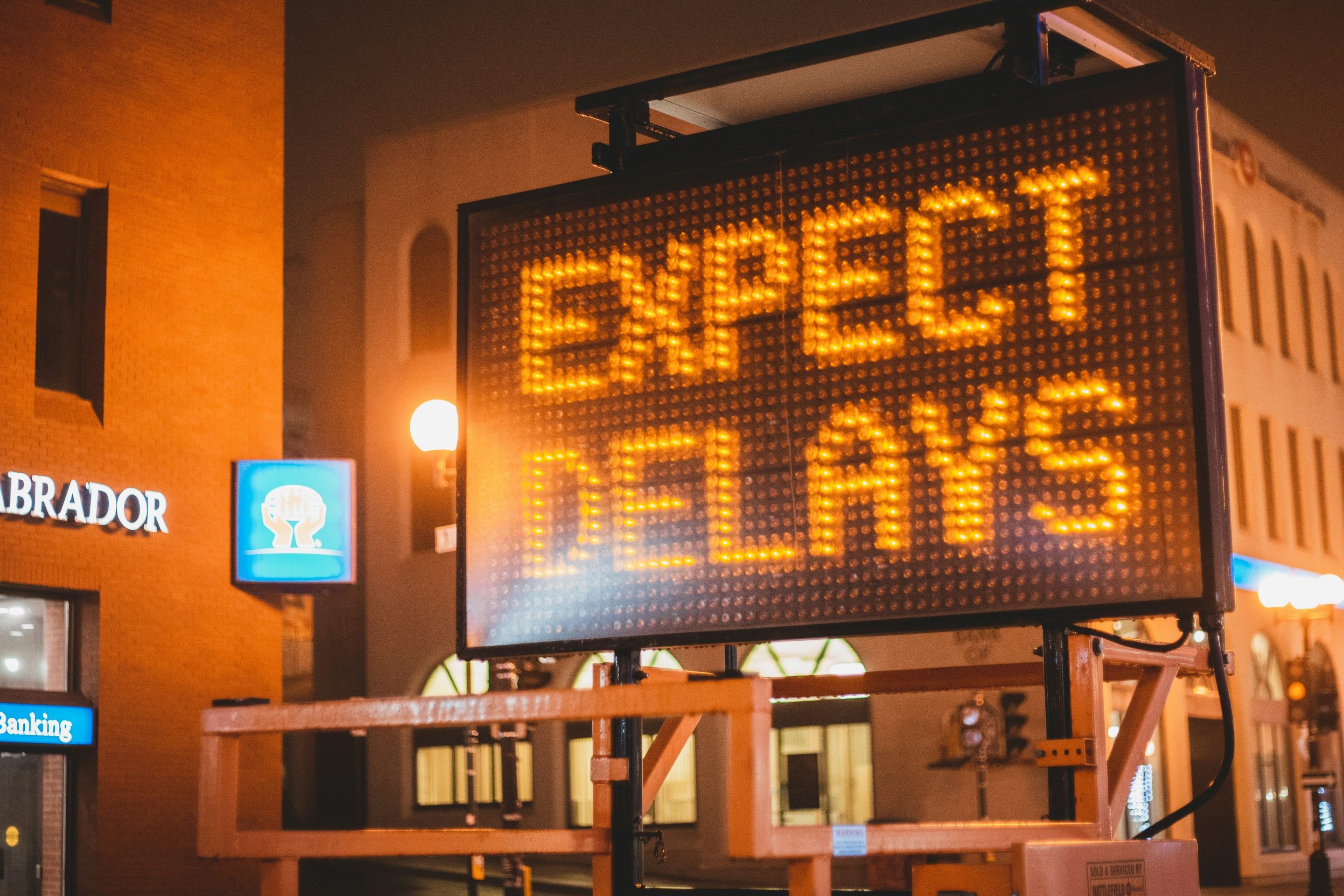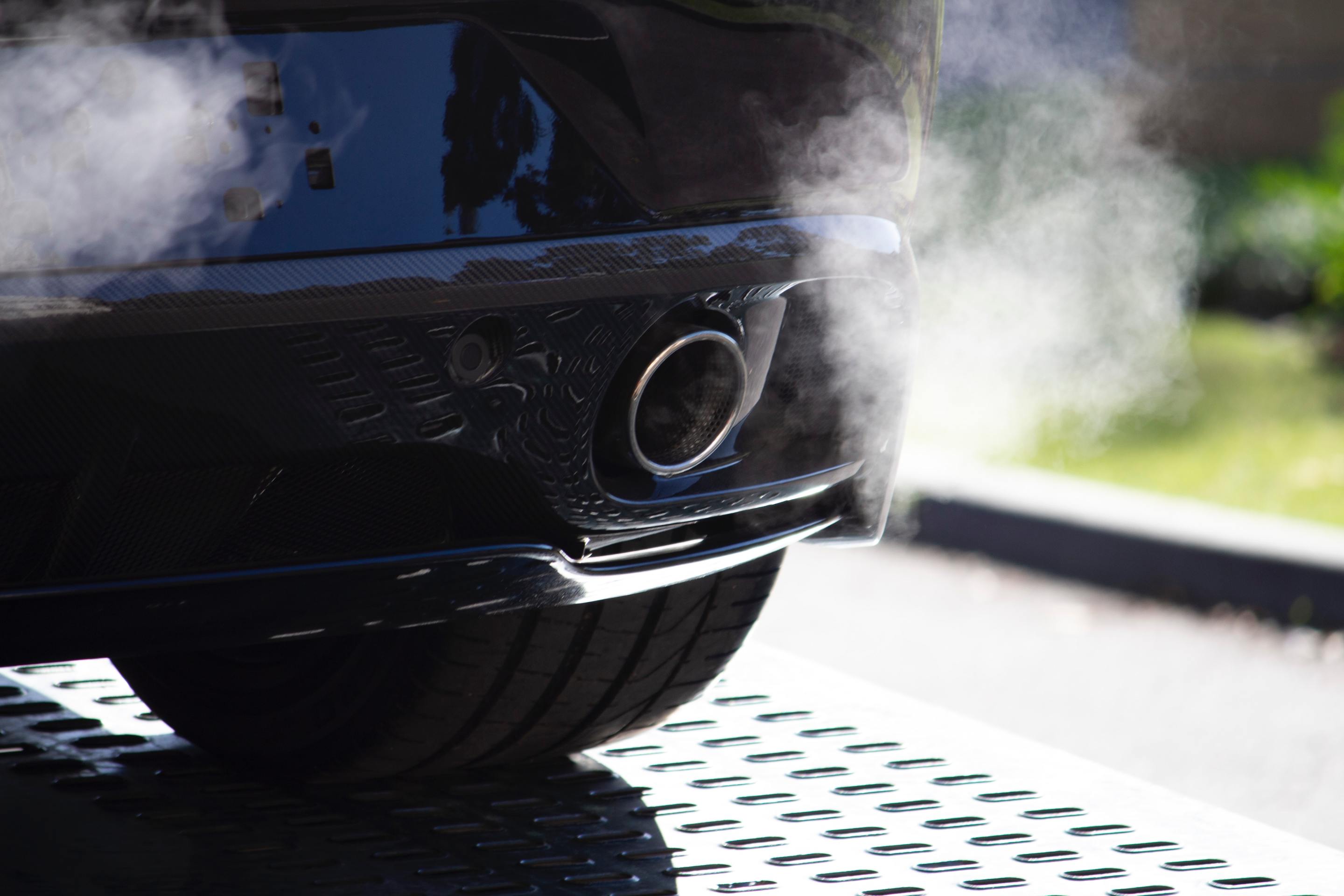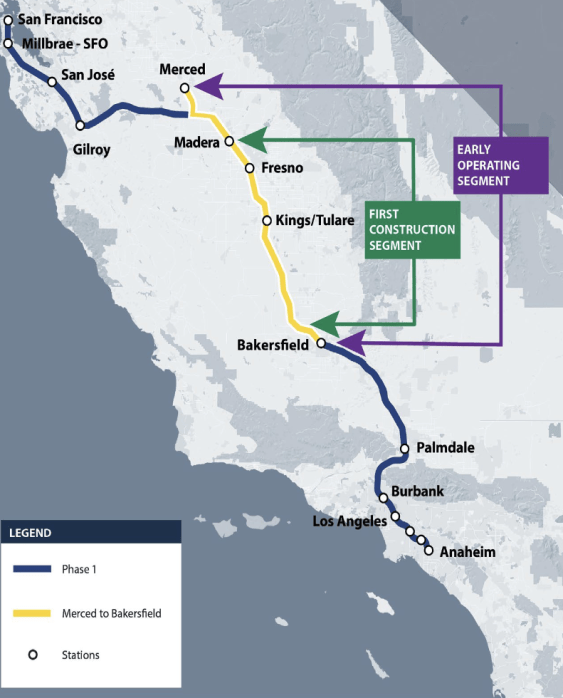Halfway through the extra month that Congress gave itself to resolve a long-simmering dispute over funding the nation's transportation system, Democratic leaders remain deadlocked over whether -- and how long -- to wait before debating a broad reform of federal infrastructure policy.
In one corner: House transportation committee chairman Jim Oberstar (D-MN), who has enlisted most of his colleagues in the lower chamber in a push to pass new legislation replacing the outmoded 2005 infrastructure bill -- "a paean to the individual motorist," as Wired put it today.
But Oberstar's enthusiasm has not yet been met with action by the panel he needs most, the Ways and Means Committee.
Why is Ways and Means so important? The panel controls the funding source for transportation legislation, and chairman Charles Rangel (D-NY) has yet to see enthusiasm for his colleagues for making tough choices about raising revenue for infrastructure. Rangel told CQ this week:
Everyone isexcited about a robust transportation bill. The enthusiasmis out there. We have not concluded that everyoneis willing to pay for it and call it an emergency.
Oberstar has done his part to rally the troops, publishing an op-ed in The Hill today that laments the "lack of political will" to tend to the nation's aging infrastructure, but little progress can be made until Ways and Means shows an appetite for diving into the funding question.
How much needs to be raised to pay for a new bill? There is an estimated $140 billion gap between expected grosses for the nation's highway trust fund, which pays for federal spending on transit as well as roads, and the investments envisioned in Oberstar's $450 billion measure.
That gap could be closed by a 10-cent per-gallon increase in the gas tax or by other means, though the former has pitfalls both political (Democrats have not worked on a counter-message to GOP pummeling on the issue) and practical (as Americans drive less in more efficient cars, the tax's value is waning).
In response to the dilemma, both parties have gotten creative. Rep. John Larson (CT), a Ways and Means member who also chairs the House Democratic caucus, has proposed taking unused money from the government's financial bailout for transportation. Rep. Aaron Schock (R-IL) spoke for a sizable group in his party today by suggesting that unused cash from the stimulus law go to infrastructure.
But both of those concepts would be little more than Band-Aids, given that congressional budget writers must rely on a steady source of funding when setting the "baseline" that governs the price tag of future federal transport bills. If the bailout or the stimulus were tapped this year, when the next long-term bill rolls around, the baseline would likely be low enough to cause serious havoc.
On the whole, the gas tax remains the only funding source that has attracted serious consideration, most recently from the No. 2 Democrat in the Senate. The Obama administration, however, remains flatly opposed to an increase during the current recession. Speaking of the administration ...
In the other corner: Transportation Secretary Ray LaHood, who back in June called for an 18-month delay in taking up a new infrastructure plan. The rationale for such a postponement is twofold; it would provide time for the economy to recover, possibly creating political space for a gas tax increase, and it would allow the new Obama team to get its sea legs in anticipation of a policy reform fight that's likely to be intense.
LaHood has key Senate Democrats on his side, including environment committee chairman Barbara Boxer (D-CA), but not every member of the upper chamber of Congress is convinced of the wisdom of an 18-month delay. Still, LaHood continues to state that while he and the president share Oberstar's goals, there is no possibility of the administration budging on its 18-month extension.
Where does Washington, not to mention a nation full of roads, transit, and trail users, go from here? As talk of a possible "second stimulus" heats up on the Hill, some lawmakers are urging an extra shot of infrastructure spending to help boost flagging employment.
Oberstar has long contended that his transportation bill would effectively act as that "second stimulus," but he told CQ this week that he would be disinclined to accept an 18-month extension of the 2005 legislation that included more money but kept the same U.S. DOT policies in place.
Yet Oberstar spokesman Jim Berard said in an interview that the chairman would be opposed to a transportation-centric stimulus only if it were treated as a substitute or placeholder for a long-term bill, thus leaving the door open for infrastructure to remain in the mix as Congress weighs new economic recovery plans.
As for the timeline for crafting future national transportation policy ... it remains as cloudy as ever.





